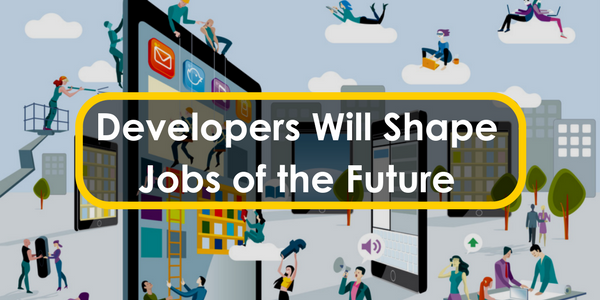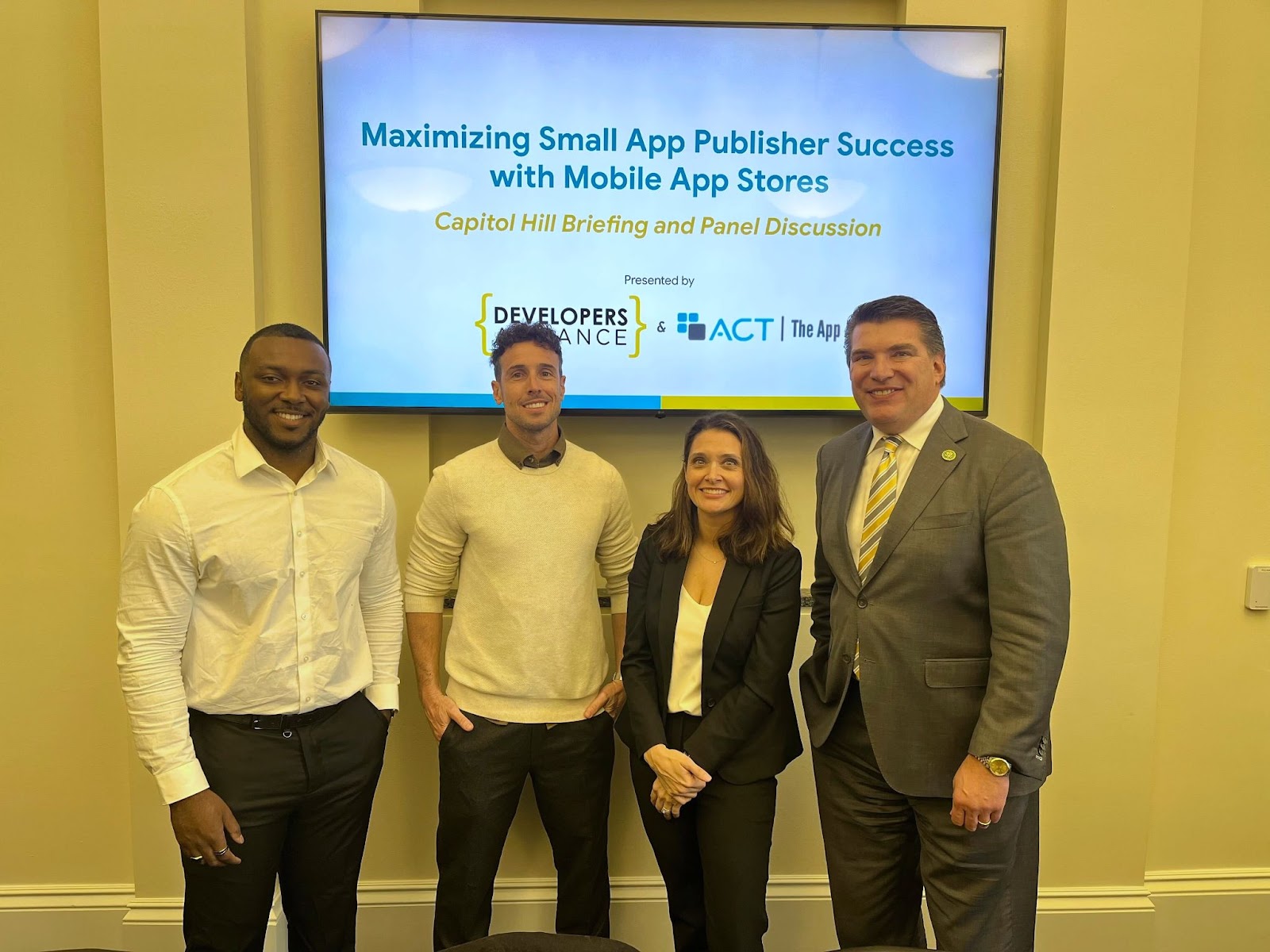“To conclude that many new jobs won’t appear due to automation, AI, and intelligent machines is to fall prey to a simple lack of imagination.”
Cognizant, a world-leading IT services consulting firm, just released a new reported titled “21 Jobs of the Future: A Guide to Getting – and Staying – Employed over the Next 10 Years.” The quote above is a succinct summary of their report, which details the technological advances, and the benefits and trade-offs those advances will bring. Fact of the matter is that some of the most common jobs 25 years from now don’t exist now, just as some of the most common jobs now didn’t exist 25 years ago.
The report even offers sample job postings, including descriptions, tasks, and relevant skills and experience necessary, interspersed with big picture findings about the historical progression of jobs. It’s all very interesting, and I encourage you to bookmark it for your lunch reading.
There are many common threads in each of the job descriptions – for instance, the free flow of data is basically assumed, and many of these jobs may face unforeseen and ill-advised regulatory hurdles. But the common thread that stuck out to me was that all of these jobs will be dependent on coding, or at least familiarity with coding.
Some jobs will have developer skills as a prerequisite, like Cyber City Analyst (“You will diagnose and fix key city support processes. The ideal candidate will understand devices and data flows, data collection and processing, and data transmission and reception”) and Man-Machine Teaming Manager (“The key task for this role is developing an interaction system through which humans and machines mutually communicate their capabilities, goals, and intentions”).
Other jobs will require a familiarity with the software required, like AI Business Development Manager (“define, develop, and deploy effective and targeted programs to accelerate broad-based sales and bizdev activities”) and Data Detective (“generate meaningful recommendations from the investigation of data generated by IoT end points”).
But even the ones that don’t require a lick of coding experience will rely on someone creating the code to make these jobs possible. Consider the Digital Tailor (“Using our patented Saville Rowanator sensor cubicle, the person in this role will work with customers to gather precise sizings and measurements and ensure our clothes fit every woman every time”) or the Virtual Store Sherpa (“As such, your focus will be customer satisfaction through knowledge of our product line, applied to advice you’ll give virtually to customers to support them with completing their projects. You’ll plug in via videolink, from the comfort of your own home, to customers all over the country”). Both of these require exquisitely designed programs with precisely manicured user experiences, for both the consumer and the professional.
At the Developers Alliance, we’ve long called developers the Workforce of the 21st Century. This report, and unique possibilities of the future it offers a glimpse of, underscores the outsized role that developers, coders, and software engineers will play. Each line of code is on par with a nut and bolt, serving to secure the foundation of an entire professional ecosystem.





